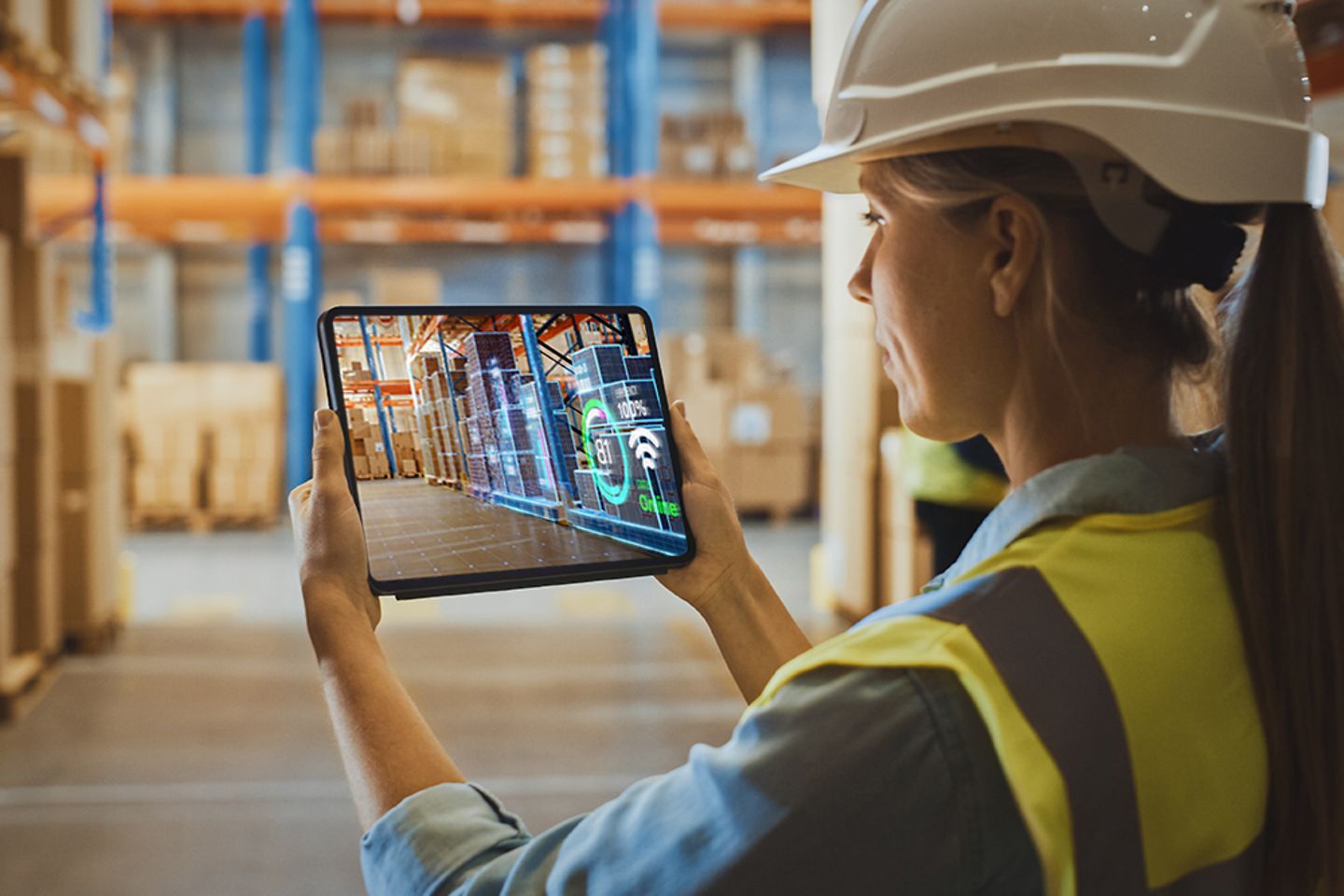
Empty shelves in stores, waiting for ordered products, and the delivery of damaged goods cause customer dissatisfaction, while flexible logistics and transparency about the location, deliverability, and condition of goods help it significantly. Digitally connected logistics help keep inventories and supply chain costs low. Furthermore, they ensure smooth coordination between logistics, headquarters, and online and stationary retail within the company.
Retail companies can improve their cost-benefit ratio along the entire supply chain with our digital solutions. Dashboards help retailers stay on top of things and get real-time recommendations for action, with harmonised goods logistics and product data interfaces. Cloud-based supply chain management (SCM) solutions help optimise SCM processes and supply chains from inbound and outbound goods to warehouse management, resulting in increased on-time delivery, shorter warehouse lead times, and lower logistics costs.
One of the core objectives of digitalisation in transport logistics is achieving a transparent and end-to-end view of the entire supply chain. The digital supply chain plays a decisive role in this. In addition to data from classic IT systems such as CRM or ERP, Internet-of-Things solutions are increasingly being used to track vehicles and transported goods. When combined with artificial intelligence, this data enables timely adjustments to workflows and the optimisation of logistical processes. This provides cost benefits and improves customer satisfaction.
Thanks to Supply Chain 4.0 digital solutions, including IoT and blockchain, T-Systems and its partners have connected the physical and financial supply chains. The technology automates all processes involving financial transactions or services and ensures that payment targets are met on time. This is crucial in solving daunting challenges around procurement, payment automation, inventory management, and end-to-end supply chain visibility.
Apart from the sustainability aspect, the ‘Digital delivery note’ solution dramatically speeds up delivery processes and saves several days of work. The contactless handover using a QR code scan, the digital signature, and the elimination of delivery note printing also speak in favour of this. The adoption and standardisation of digital delivery notes will decisively increase supply chain efficiency.
The digital service button ensures that shelves are replenished quickly, trucks are unloaded safely, and technical faults are reported immediately.